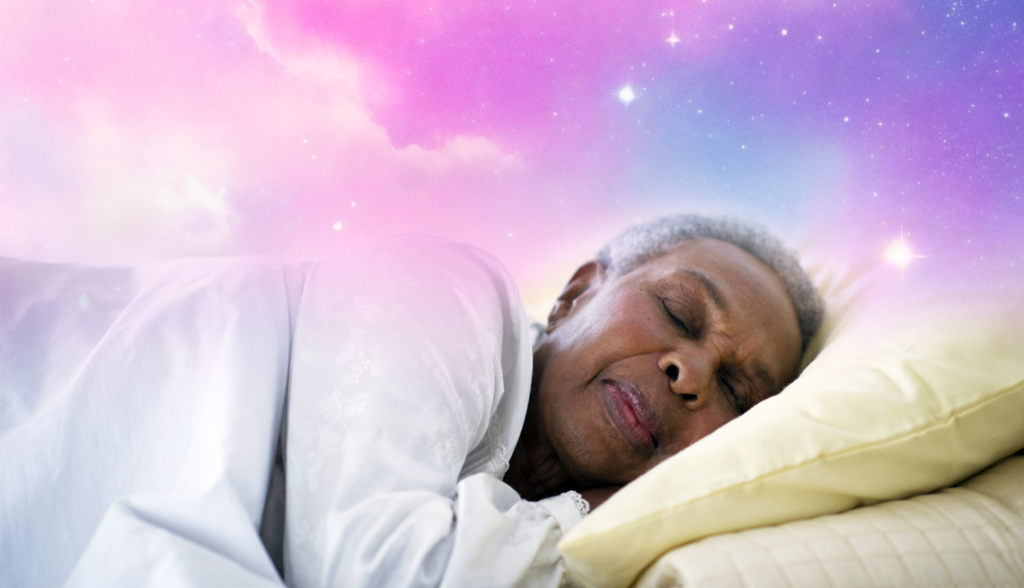What Goes On in the Brain When We Dream?

The 18th-century German novelist and poet Novalis once wrote: “Without dreams, we should certainly grow old sooner.”
Sadly, Novalis never lived long enough to find out if he was right; he died at 28 from tuberculosis. But he and his fictional character — who was extolling the value of a dream he’d had that night — may have been onto something.
“Dreams are important for staying youthful in spirit, no matter how old we are in years,” says Kelly Bulkeley, a dreams researcher and founder of the Sleep and Dream Database.
“Dreaming, even in later parts of life, is still a youthful experience. The energies and capacities are still there, even if dream recall declines,” he adds. “People still dream into their 70s, 80s and 90s. Our mind never says: ‘You’re done with that.’ ”
Scientists have many theories about dreams — what they mean and their purpose. But they are still untangling their many mysteries.
“Dreams have fascinated humans from the earliest of times,” says Joseph De Koninck, professor emeritus at the University of Ottawa School of Psychology. “Yet modern research is still struggling to understand the nature and functions of dreaming.”
De Koninck doesn’t think dreams serve an “essential” function. More likely, they are “a mirror of what you feel,” he says. “If you have a bad dream about someone, for example, it may mean that something bad happened with that person.”
Most people forget their dreams upon awakening. Yet the dreams remembered the next morning, those can have staying power, says psychologist Art Funkhouser, at the C.G. Jung Institute in Küsnacht, Switzerland. “In 35 years of leading a dream work seminar and working on normal dreams, I’ve never encountered a dream that the dreamer considered meaningless.”
Imagination at play
Many dreams are a form of emotional “digestion” — reactions to events and encounters of the previous day, or days, Funkhouser says.
“There are other dreams, though, that help us prepare for what we may have to deal with the day after the dream, an examination at the university, for example,” he says. “Dreams also provide a counterbalance, especially for our attitudes, thereby keeping us on track in our development as people and becoming who we really are.”
For more information on what happens in your brain when you dream, from AARP, CLICK HERE.
